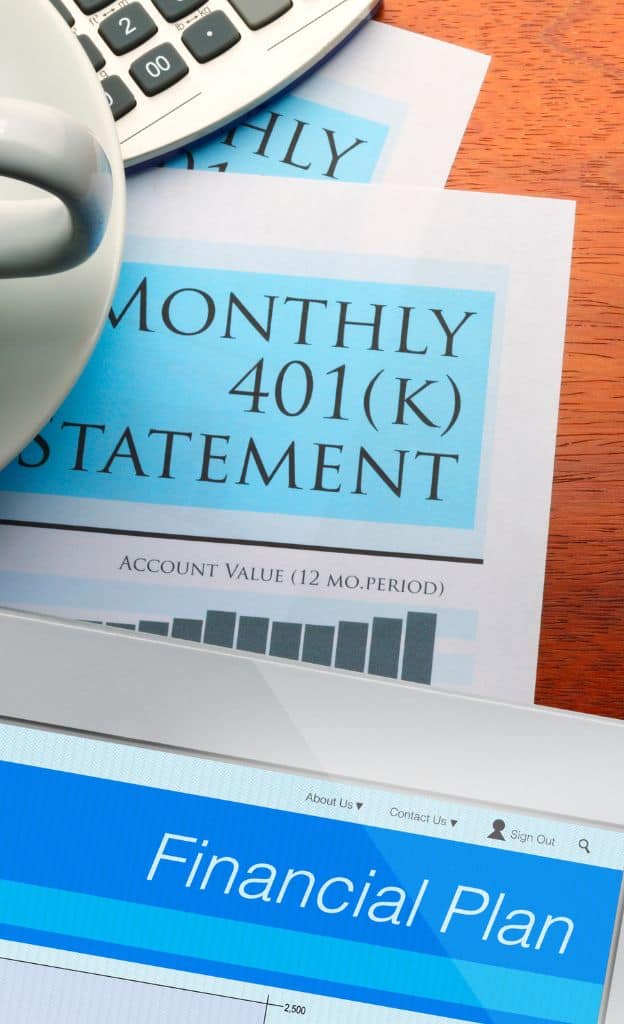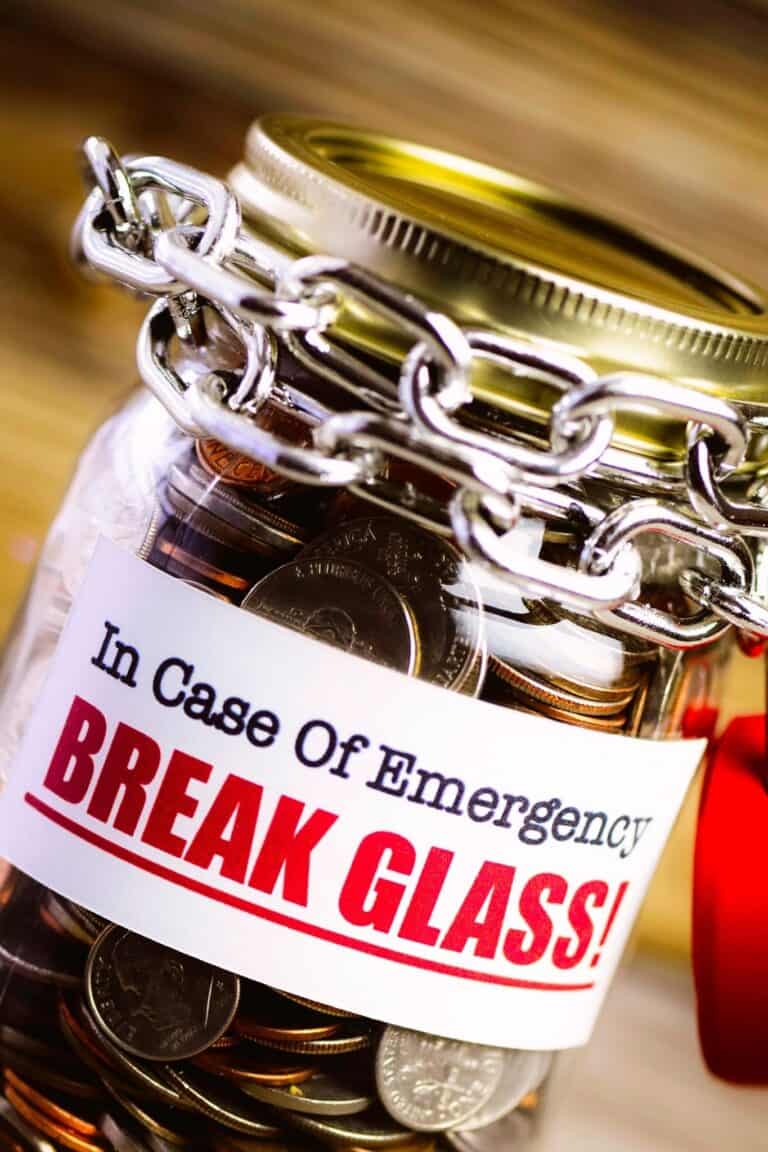Personal Finance For Women

SUMMARY
Compound interest is one of the most important concepts in finance. It’s the interest that you earn not only on your original investment but also on the interest that has accumulated over time.
Compounding is the process of earning interest on interest. In other words, it’s when your money starts to make money. The more time your money has to compound (sit there), the greater the effect.
Compound interest is often called the “eighth wonder of the world” because of its magical ability to grow your money. Albert Einstein is even quoted as saying that compound interest is “the most powerful force in the universe.” Check out the list of Best Compound Interest Rates at Investopedia.
Compound interest is a powerful tool that can help you grow your investment. However, it’s important to understand how it works before you decide to use it. In this article, we’ll explain compound interest and how it can work for you.
DISCLOSURE: This post may contain affiliate links, ie., I earn a commission if you decide to make a purchase and sometimes if you just click on a link at no additional cost to you. Please read my Disclosure Policy for more info.
1. What Is Compound Interest?
Compound interest (also known as compounding interest) is the interest that you earn not only on your original investment but also on the interest that has accumulated over time.
Compounding is the process of earning interest on interest. In other words, it’s when your money starts to make money. The more time your money has to compound, the greater the effect.
Compound interest is often called the “eighth wonder of the world” because of its magical ability to grow your money. Albert Einstein is even quoted as saying that compound interest is “the most powerful force in the universe.”
2. How Does Compound Interest Work?
Compound interest occurs when you reinvest your earnings and allow them to grow over time. The longer you reinvest your earnings, the more opportunity you have to earn compound interest on your original investment.
What Factors Affect Compound Interest?
There are three main factors
- Rate – The first is the interest rate earned on the investment. Try to find a higher rate of return. A solid 10% would be ideal.
- Time – The longer your money can sit uninterrupted, the better. Start saving today, the earlier you get started the better.
- Compounding Frequency- how often you decide to make deposits will impact the accumulated interest that is paid. As with everything there is a basic rule of thumb. Just know that the more deposits you make the great your return will be.
Here’s an example simple compound interest
Let’s say you invest $1,000 at a 10% annual rate of return. After one year, you will have earned $100 in interest ($1,000 x 0.10 = $100).
If you reinvest your earnings, you will now have $1,100 to reinvest at the 10% rate. This means that you will earn $110 in interest in the second year ($1,100 x 0.10 = $110).
As you can see, in just two years you’ve earned $210 in total interest And it gets even better over time…
After 10 years, you would have earned a total of $674 in interest. But if you let your money compound for 20 years, you would have earned a total of $4,486 in interest – more than quadruple your original investment!
3. Why Is Compound Interest Important?
Compounding is powerful because it allows your money to grow at an exponential rate. The longer you let your money compound, the greater the effect – and the more riches you will amass over time.
Compounding is one of the most important concepts in finance because it’s how wealth is built over time. If you want to become a millionaire (or even a billionaire), compounding is how it’s done.
Not convinced yet? Check out this chart which shows the difference between compound Interest vs Simple Interest:
4. Compound Interest vs Simple Interest
Compound Interest Simple Interest Year 1 Year 1 Year 2 Year 2 10% 10% 10% 10% $1,000 invested initially $1,000 invested initially $1,000 invested initially $1,000 invested initially $100 earned in interest $100 earned in interest $100 earned in interest $100 earned in interest Total value at end of Year 1: Total value at end of Year 1: Total value at end of Year 1: Total value at end of Year 1: $1,100 $1,000 $2,000 reinvested reinvested reinvested reinvested at 10% at 10% at 10% none for Year 2 for Year 2 for Year 2 for Year 2
As you can see from the chart above, if you reinvest your earnings (compounding), your money will grow at a much faster rate than if you simply leave it in a savings account (simple Interest).
5. How Can I Use Compound Interest To My Advantage?
The best way to take advantage of compounding is to start investing as early as possible and let your money compound over a long period of time. This gives your money more time to grow and allows compounding to work its magic!
If you’re already past the age of 30 (or even 40), don’t despair – it’s never too late to start investing and taking advantage of compounding! Even if you only have a few years left until retirement, compounding can still help you grow your wealth significantly.
6. What Are The Risks Associated With Compound Interest?
While compounding is an incredibly powerful tool for building wealth, there are also some risks associated with it.
One risk is that if you invest in something that doesn’t perform well (such as a stock that goes down in value), compounding can work against you and actually cause your wealth to decline.
This is why it’s so important to invest in quality assets that have a history of going up in value over time (such as stocks or real estate). These types of investments are much less risky and are more likely to provide positive compounding returns over the long run.
7. Best Compound Interest Investments
- High Yield Savings Accounts – typically they do not require a minimum balance and they pay a higher rate of interest over a standard savings account
- Certificates of Deposits (CDs) This is a good place to start especially as you begin to get your feet wet with investing. This will allow you to take advantage of compound interest from day one without the risk and without understanding all the ins and outs of investing. The money you place in a CD is issued by banks that require a minimum deposit and pay you interest at regular intervals. Your CD will be tied up as you can not withdraw the money until the CD matures. CD have higher interest rates for this reason
- Bonds And Bond Funds Bonds across the board normally are a solid investment as oftentimes they are tied to a gov’t entity that agrees to pay a set interest price. In order to take advantage of the compound interest, you will need to re-invest the money. Long-term corporate bonds come with a higher risk, but pay better… whereas US Treasury bonds (Securities are the safest) Both of my sons benefited from me investing in US Savings Bonds and now that I have a grandson, I will be doing the same for him. If you are interested in obtaining US Savings Bonds you can visit the official gov’t website at Treasury Direct
- Real Estate Investment Trusts (REITs) are one of my favorite investments as it enables you to become a real estate investor. The manner in which REITs are established by law requires REITs to pay out 90% pf their taxable income to their shareholders in dividends on a yearly basis. Of course, you would need to reinvest your dividends to take advantage of the compound interest.
- Dividend Stocks – Better known as Dividend Aristocrats are stocks on the S&P 500 that have increased dividends per share for at least 25 continuous years. Think of companies such as Coca-Cola, IBM, Walmart




To wrap things up…
Compound Interest is one of the most powerful tools available for building wealth over time. If used correctly, it can help you amass a fortune – even if you don’t have a lot of money to start with!
However, there are also some risks associated with compounding – namely that if you invest in something that goes down in value, compounding can actually cause your wealth to decline.
For this reason, it’s important to be selective about what kinds of investments you put your money into. Stick with quality assets that have a history of going up in value over time (such as stocks or real estate) and avoid risky investments that could go down in value and hurt your returns.
Resources
Here are a few more resources that will help you on your financial journey





